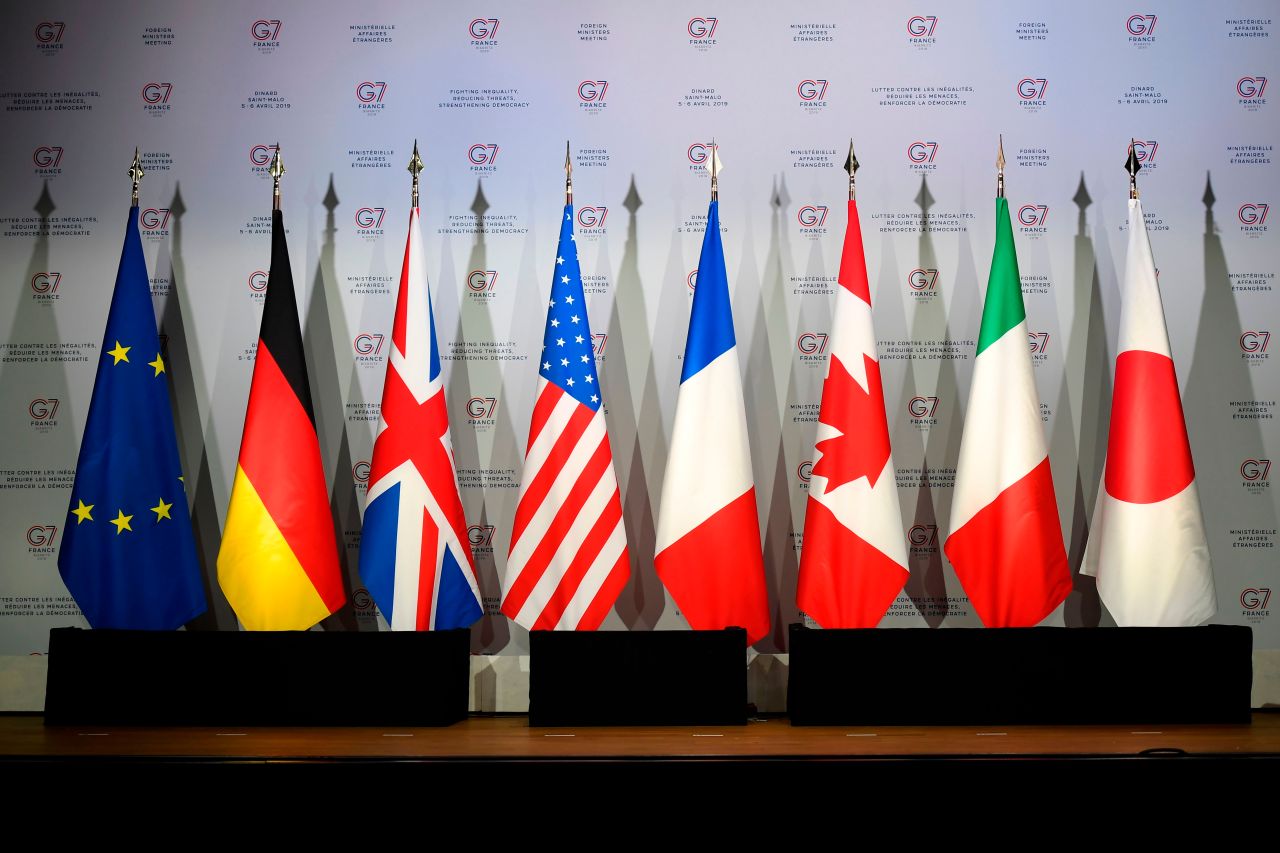In an age where technology continues to redefine boundaries, a team of researchers from the United Nations has recently made an astonishing revelation. With less than $10 and just 13 hours of coding time, they successfully developed an AI program capable of producing remarkably realistic speeches, mimicking the style and substance characteristic of the United Nations. This fascinating innovation raises not only eyebrows but also crucial questions about the implications of artificial intelligence on the political landscape.
Unpacking the AI Speech Generator
Joseph Bullock and Miguel Luengo-Oroz set out to demonstrate how easily accessible and efficient AI can be in crafting complex texts. By utilizing English language transcripts of UN speeches delivered between 1970 and 2015, they created a taxonomy of machine learning algorithms to train a language model. Their objective was straightforward: generate speeches on various topics, from climate change to global terrorism, all while staying true to the style of seasoned diplomats.
How It Works
The program works by analyzing as little as one or two sentences of input based on predetermined topics. This compact training technique allows the AI to churn out between 50 to 100 words, ensuring that the final output appears both polished and believable. The researchers were particularly interested in assessing how well the software could handle diverse subjects, including general political concerns and specific statements from UN secretaries-general.
- General Political Topics: The AI excelled at generating speech content that could seamlessly pass for a human speaker.
- Sensitive Issues: The AI’s performance faltered when tasked with nuanced, politically sensitive issues such as immigration and racism due to the complex nature of such speeches.
The Implications of AI-Generated Texts
The significance of this research extends far beyond academic curiosity. As AI continues to advance, the potential for misuse raises alarms, particularly in the political arena. The authors emphasize that generating convincing texts can disrupt peace and threaten political stability. With the rise of “textual deepfakes,” we must rethink how we approach content creation, dissemination, and regulation.
Recommendations for a Safer Future
To mitigate the potential risks associated with AI text generation, the researchers urge the implementation of legal frameworks and guidelines. These frameworks should aim to assess risks associated with AI technologies, ensuring they are adequately managed in a rapidly evolving digital landscape. Developing policies that address these challenges is critical for maintaining the integrity of political discourse.
Conclusion: Navigating the AI Landscape
The capabilities of AI in crafting human-like texts are remarkable and growing exponentially. As we marvel at these technological advancements, we must also remain vigilant about their consequences. The intersection of artificial intelligence and politics calls for urgent action to safeguard our societies from possible misinformation and manipulation. At fxis.ai, we believe that such advancements are crucial for the future of AI, as they enable more comprehensive and effective solutions. Our team is continually exploring new methodologies to push the envelope in artificial intelligence, ensuring that our clients benefit from the latest technological innovations. For more insights, updates, or to collaborate on AI development projects, stay connected with fxis.ai.

